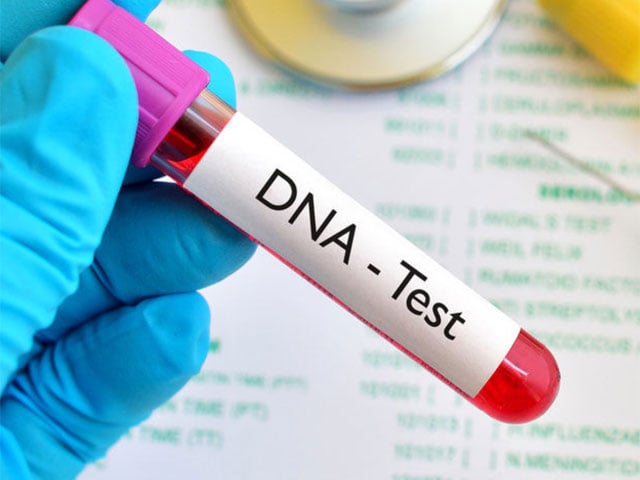London: Scientists have developed a new DNA test that can detect 18 types of early-stage cancer. According to the researchers, the results of the research may be helpful in introducing new types of screening tests for early diagnosis of cancer.
Journal BMJ According to research published in Oncology, the test can identify a number of gender-specific differences in cancer, including the age of men and women at onset, types of cancer and genetic mutations.
Globally, one in six deaths is currently caused by cancer, and 60 percent of these deaths are from undiagnosed types of cancer.
Current screening tests have some negative side effects such as early disease spread and low compliance for patients.
While specific blood proteins can be used as markers for early diagnosis and monitoring of the disease, available tests that rely on these proteins are sensitive enough to detect cancer-related proteins from non-cancer-related proteins, according to researchers. There is no ability to separate.
In the new study, scientists collected blood plasma samples from 440 people with 18 different types of cancer before treatment. The scientists also collected samples from 40 healthy blood donors.
The scientists then measured more than 3,000 proteins associated with cancer chemical pathways in each sample.
The researchers followed a two-pronged process for this, first assessing any cancer biomarkers, then identifying the tissue of origin and cancer subtypes.
(function(d, s, id){
var js, fjs = d.getElementsByTagName(s)[0];
if (d.getElementById(id)) {return;}
js = d.createElement(s); js.id = id;
js.src = “//connect.facebook.net/en_US/sdk.js#xfbml=1&version=v2.3&appId=770767426360150”;
fjs.parentNode.insertBefore(js, fjs);
}(document, ‘script’, ‘facebook-jssdk’));
(function(d, s, id) {
var js, fjs = d.getElementsByTagName(s)[0];
if (d.getElementById(id)) return;
js = d.createElement(s); js.id = id;
js.src = “//connect.facebook.net/en_GB/sdk.js#xfbml=1&version=v2.7”;
fjs.parentNode.insertBefore(js, fjs);
}(document, ‘script’, ‘facebook-jssdk’));



